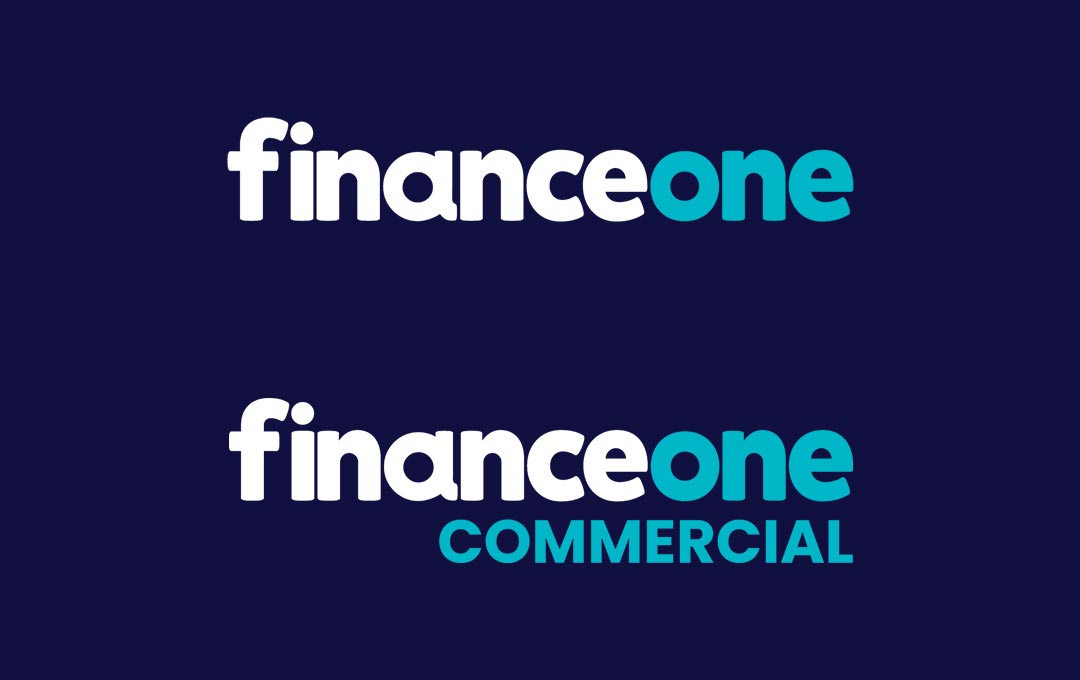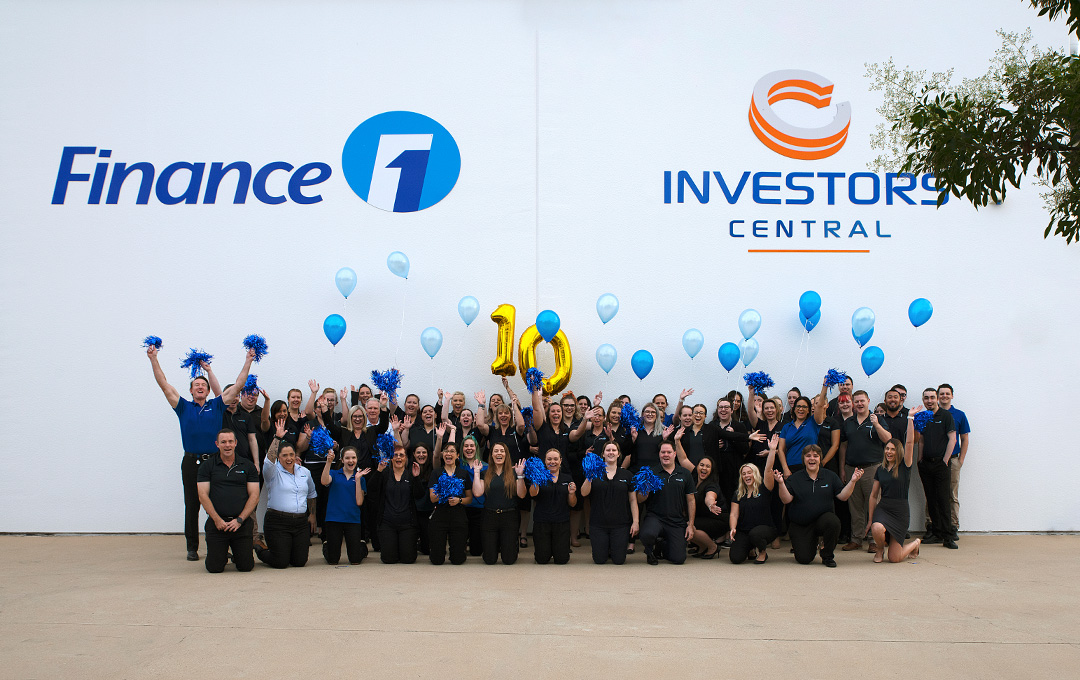If you are in the market for a new car, you may be wondering, ‘can you put a deposit on a car loan’?
If you are in need of some new wheels but are strapped for cash, you may be wondering if you need a deposit to get a car loan. The short answer is yes, you can absolutely put a deposit down on a car loan! While you don’t necessarily need to always put deposits down when applying for vehicle finance, we discuss how making deposits for car loans can help improve your chances of being approved for finance to get you your dream car!
How does a car loan work?
A car is a high-value item that can cost many thousands of dollars. Not a lot of us have the money set aside to buy one outright, so a loan is often the only way to go, even for a second-hand model.
Car loans work by providing you with a lump sum of money to be able to purchase a car, which you then pay back to your lender over the agreed loan term. You’ll be charged interest, based on the interest rate that applies at the time you take out the loan, plus the loan may come with other fees, such as administration or monthly service fees.
Generally speaking, most lenders will set up a direct debit for your repayments, and these will come out either weekly, fortnightly or monthly (depending on the lender).
Access bad credit car loan lenders if you have a poor credit rating
If you’re in a position where your credit score has been negatively impacted, if you’re on Centrelink payments, have never had a credit product such as a loan before, or even if you’re self-employed, the best car loan on paper may not be the best car loan for you. Using a comparison rate is a good idea to get a feel for which loan may be the most cost-effective, however, the comparison rate won’t take into account bad credit.
Instead, look at bad credit specialists for your new car loan. There are many car loan providers in Australia, but only some that provide loans to applicants with poor credit. Finance One proudly gives Aussies with a bad credit rating a look-in when it comes to vehicle finance.
Apply Online NowSecured vs unsecured loans
A secured car loan is where the lender takes a legal interest in your car (this is called ‘encumberment’). While this may feel like the car is not ‘truly’ yours until you’ve repaid the loan, pledging your car as security for the loan effectively reduces the lender’s risk in lending you money, so it can be a great option for people who’ve never borrowed before, have a poor credit rating, or simply want to access a lower interest rate on their car loan!
Top Tip
Once you’ve repaid your loan in full, the car is wholly yours, as it is no longer encumbered under finance.
Unsecured loans, on the other hand, are personal loans where there is no collateral offered to the lender. You can still use an unsecured loan to purchase a car (in fact, you can use an unsecured personal loan to purchase just about anything you wish) however, unsecured loans are higher risk for lenders, which is why they can be harder to access for people with a bad credit history. Unsecured loans can also be more expensive than secured loans, as they typically come with higher interest rates.
Did you know?
Most secured car loan lenders require you to keep the car comprehensively insured at all times while the car is being used as security for the loan. Don’t forget to budget in the cost of a comprehensive car insurance policy before choosing which car is going to best suit you.
How do I put a deposit on a car loan?
There are two main ways that you can put a deposit on a car loan:
Make a down payment on the car itself, effectively reducing your loan amount
If you think that you may have trouble accessing finance (or simply want to reduce the amount of interest that you pay), you can partially pay for your new car in cash. Even if the amount that you put down is $500 or $1,000, that’s $500 or $1,000 that you don’t have to apply for (and perhaps more pointedly, that you don’t have to pay interest on)!
Whether you purchase a car through a dealer or a private seller, most times, you’ll need to put a small deposit down on the car anyway to secure the purchase.
Making a payment towards your loan at the time you apply
When you apply for your car loan, you can discuss making a lump sum payment when you take out the loan, to act as a deposit. While some lenders will be comfortable with this, what it can mean for you as a borrower, is that you’re still being assessed under a higher loan amount (and then subsequently paying down a lump sum at the start of the loan). Also, depending on how the lender structures their repayments (and whether you choose a variable rate or fixed rate of interest), your interest charges across the life of the loan could be calculated at the start of your loan agreement; meaning that you would effectively still be paying down interest on the higher loan amount!
Did you know?
Some lenders don’t allow you to make ad-hoc or additional repayments to your car loan. If you’re choosing to put a deposit down towards your car loan after you take out the loan, be sure to choose a lender that allows you to make additional repayments outside of the repayment schedule. Otherwise, you may not be able to make the additional repayment, or you could be charged a penalty for doing so!
How to make smart choices when accessing car loans
If you’re in a position to put a deposit down on a car that’s more than the minimum deposit required by the seller; that’s fantastic! However, not all car loans need you to make large deposits towards the purchase price of your vehicle.
If you don’t have the funds saved up to make a large deposit, then here are some other ways that you can make smart choices when accessing car loans:
Car dealerships vs private sellers
It’s a natural decision to step into a car dealership when looking to buy a new car. However, car dealers can often convince you to add on additional features to car finance or the car itself that may be unnecessary or out of budget.
Private sellers, on the other hand, may be more negotiable when it comes to the purchase price, but you’ll need to do your research on the vehicle details to ensure that it’s not been in a major car accident (or is currently under finance).
Know your chances of credit approval before you apply
Try not to get carried away at a car dealer after taking some new wheels for a test drive. Car dealers who offer in-house finance may encourage you to conduct a credit check to see if you have pre-approval with their financier. If you think that your credit rating may not be as strong as it could be, though, another credit enquiry on your credit file could cause further damage.
Before you apply for any loan, obtain a free copy of your credit report, to assess what your credit score is and whether you are likely to be approved for finance.
Know your full budget beyond just your car loan repayments
As you probably already know, owning a car comes with expenses that extend past your car loan repayments. Consider the cost of a comprehensive insurance policy, stamp duty, registration, servicing and the cost of parts. Of course, understanding what your weekly or monthly budget is (including repayments for other debts or other loans) can help narrow down a budget for your new car.
Have your documentation ready!
To help accurately reflect your financial situation on your application, make sure that you have all of the required documentation ready. For employed people, three recent payslips or bank account statements are often a great start. If you’re a self-employed applicant, then recent tax returns are fantastic to show your income. If you have any other investments or income-generating assets, be sure to note down that income, too.
Also, have your driver’s license, Medicare card, or other identification ready. You can even come prepared with your bank details!
How to get your dream car with no deposit and a bad credit history
Whether it’s a new or used car, if you’re looking at taking out a car loan (including a green car loan), but think you may have trouble being approved for car finance, talk to the team at Finance One. We offer car loans to Australians with poor credit history, who are self-employed, on Centrelink payments, or who otherwise find it tricky to obtain finance.
Pick up the phone today to talk to our team, so that you can pick up the keys to your new wheels, sooner!
Apply Online NowNormal lending criteria apply. Fees and charges are payable. Terms and conditions apply.
Finance One means:
Fin One Pty Ltd – ABN: 80 139 719 903
Australian Credit Licence: 387528
Disclaimer: The information above is of a general nature only and does not consider your personal objectives, financial situation or particular needs. You should consider seeking independent advice regarding your legal, financial, taxation or other needs, to check how the information relates to your particular circumstances. We do not accept responsibility for any loss arising from the use of, or reliance on, the information. All loan applications are subject to normal lending criteria. Fees and charges payable. Terms and conditions apply.



